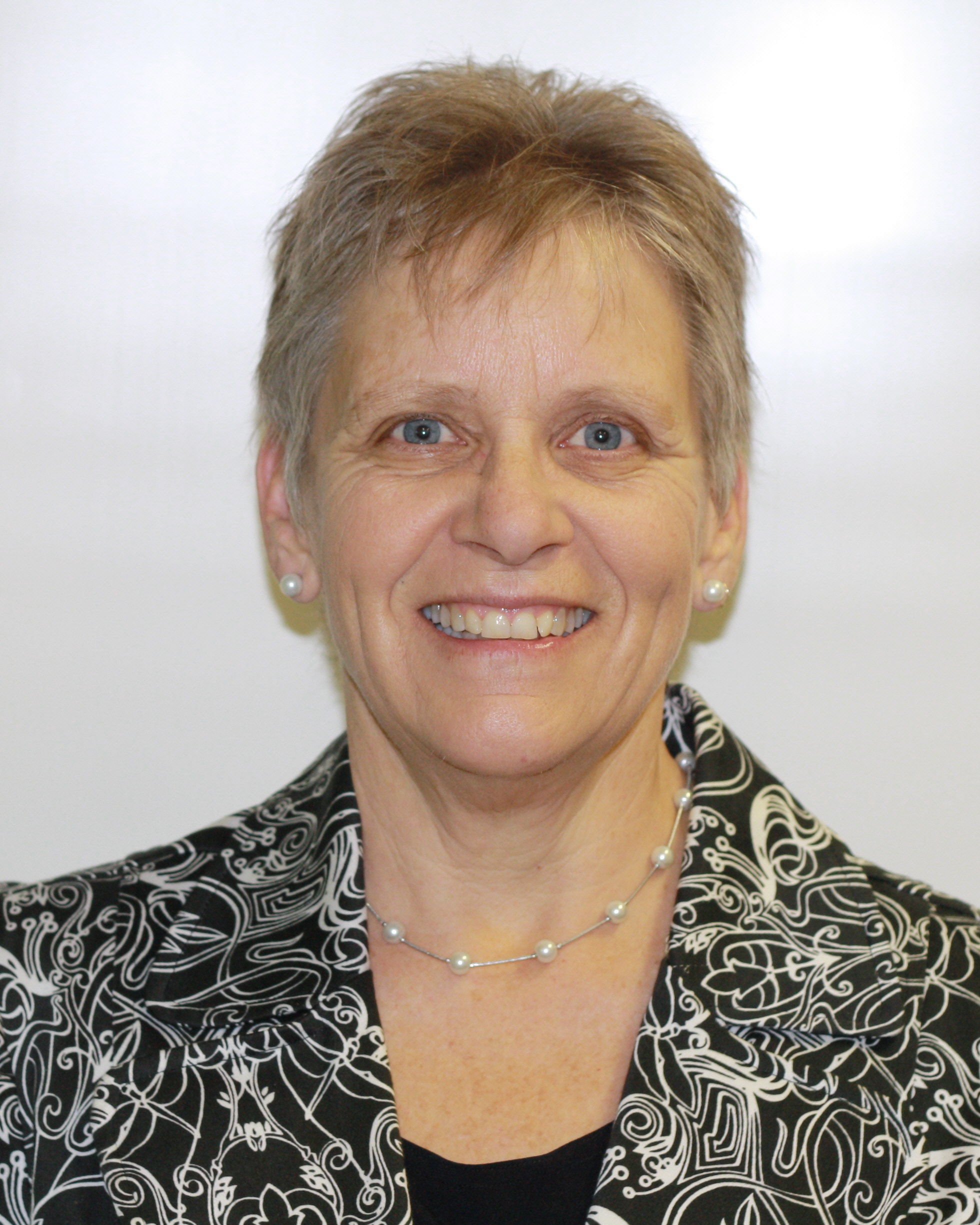School of Communication
Back to Meet our faculty & sessional instructors

Dr. Marcella LaFever (University of New Mexico, 2005) joined the faculty of the Communications Department at the University of the Fraser Valley in January 2010. Marcella’s doctoral dissertation work focused on the meaning of relationship-building in the British Columbia treaty process and within the context of intercultural communication. Her interest in this topic stemmed from her consultation work in community development within Ktunaxa traditional territory and her home community of Golden, BC.
Dr. LaFever continues to be interested in optimizing the advantages of cultural diversity during small group decision-making including in her current project that investigates Indigenous storytelling as a communicative practice in public dialogue. Additionally, Marcella is involved in research, teaching, and committee work to advance efforts to Indigenize post-secondary education.
In an era when social and technological changes occur at an increasingly rapid pace, it is important that students acquire and develop skills that will help them adapt to and maximize the utilization of resources around them. To this end I feel that it is important to engage students in the process of their own learning and assist them to develop skills that they can continue to build on in their future learning situations. Specifically, students need to question their own assumptions and prejudices; to know their own interests as they relate to the society around them; and to think critically about the world by exploring a variety of perspectives, values, and ideas. I believe that students have a real desire to gain new knowledge; that each student is unique in their experiences; and that they want to be able to connect who they are with what they are learning.
My appreciation of my own, widely varied, life experiences has served me well in opening up the way that I look at the world. These experiences include life as a military child, living in big cities and small towns, holding citizenship in three countries, being a small business entrepreneur, working on the front-line in the social services sector, managing for a variety of non-for-profit societies, and enjoying the intellectual stimulation of the world of academia. It is important for me to put my own values to work in the community, particularly in increasing the public dialogue possibilities for peoples of different cultural backgrounds.
I especially enjoy mentoring students through the directed studies and research report writing process and am proud to claim mentoring of several students who were awarded by the university for their research:
Leonard Naimi (2012): The Bahá’í Faith’s approach to intercultural communication and peace practices: A comparison to current conflict theory
Lindsay Lindholm (2014): Analysis of Urban and Rural Opinion Towards Changes in the BC Agricultural Land Reserve Act
Korina Gratton (2017): Restorative justice organizations: a comparison and evaluation of website best practices.
Bert Snow, Dominique Iuticone, Dorothy Pootlass, Jim Nelson, Nola Mack, Peter Snow, Tina Clellamin,, Veronica Schooner, Katherine Scott (2017): Acwsalctimutilh, Yalctimutilh, Ksnmakaylaycilh: Tl’mstaliwatimutilh s Nuxalkmcilh
My main research interest is in investigating ways that North American dominant culture individuals, groups and institutions need to change and improve public dialogue and consultation processes to be culturally responsive and socially inclusive to all members in a multi-cultural society. I continue to build on my “9P Planning Model” and am currently working on a project with UFV Senior Advisor on Indigenous Affairs, Shirley Hardman, that asks about the role of Indigenous storytelling as a participatory practice in public dialogue. The project uses the transcripts of the Cohen Commission on the Decline of Sockeye Salmon in the Fraser River to look out how these stories were used and whether they were heard in a way that informed the final recommendations of the report.
LaFever, M., Hardman, S. & Penner, P. (2022). Indigenous stories and the Fraser River: Intercultural dialogue for public decision-making. In Bocshman, R. & Jakubec, S. (Eds). Signs of water: Community perspectives on water, responsibility, and hope. University of Calgary Press.
Naimi, L. & LaFever, M. (2017). Advancing peace: The Bahá’í Faith in Nazi Germany and present day Iran. In Peace issues in the 21st century global context (Juval, S. & Duncan, J. Eds). Cambridge Scholars Publishing; Newcastle-upon-Tyne, UK. 223-243.
LaFever, M. (2017). Using the Medicine Wheel for Curriculum Design in Intercultural Communication: Rethinking Learning Outcomes. In Garcia-Perez, G & Rojas-Primus, C. (Eds.). Promoting Intercultural Communication Competencies in Higher Education. Hershey, PS: IGI Global. 168-199. ISBN-13: 978-1522517320
LaFever, M. (2016). Switching from Bloom to the Medicine Wheel: Creating learning outcomes that support Indigenous ways of knowing in post-secondary education. In Intercultural Education 27(5), 409-424. ISSN: 1467-5986 (Print) 1469-8439 (Online)
LaFever, M., & Samra, H. (2014). Student responses to persuasion: Motivations for engaging in research outside the sciences at a teaching-intensive university. Proceedings 2014 San Antonio International Academic Conference. Retrieved 13 Oct. 2017 http://www.mlafeverphd.ca/resources/LaFever_Samra_proceedings.pdf
LaFever, M. (2011). Empowering Native Americans: Communication, planning and dialogue for eco-tourism in Gallup, New Mexico. Journal of International & Intercultural Communication 4(2). 127-145.
LaFever, M. (2010). Experiential learning for group communication: Volunteering with Habitat for Humanity. In D. Worley, B. Huggenberg, D. Worley, & M. Elkins (Eds.), Best Practices in Experiential and Service Learning in Communication. Dubuque: Kendall Hunt.
LaFever, M. (2010). Cross-cultural learning styles. In C. S. Clauss-Ehlers (Ed.). Encyclopedia of Cross-Cultural School Psychology. NewYork: Springer.
LaFever, M. (2009). 9P Planning. Overcoming Roadblocks to Collaboration in Intercultural Community Contexts. Proceedings: International Workshop on Intercultural Collaboration (IWIC). International Conference; Stanford University, Palo Alto, CA.
LaFever, M. (2008). Communication for public decision-making in a negative historical context: Building intercultural relationships in the British Columbia treaty process. Journal of International & Intercultural Communication 1(2), 158-180.
LaFever, M. & Neal K. (2003). Enacting public journalism at the Navajo Times: A content analysis comparison with the Gallup Independent. Association of Educators in Journalism and Mass Communication. Available at http://www.researchgate.net/profile/Marcella_Lafever2/publication/271328338_Use_of_Elite_and_Non-Elite_Sources_at_the_Navajo_Times_and_the_Gallup_Independent_A_Content_Analysis/links/54ef7bcc0cf2495330e27886.pdf